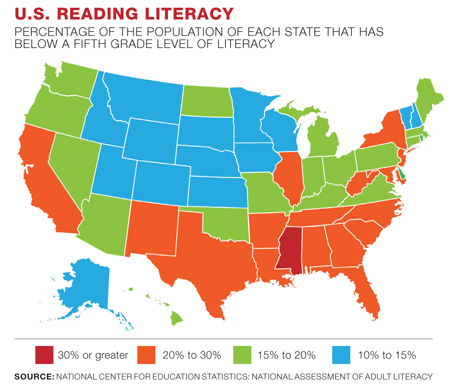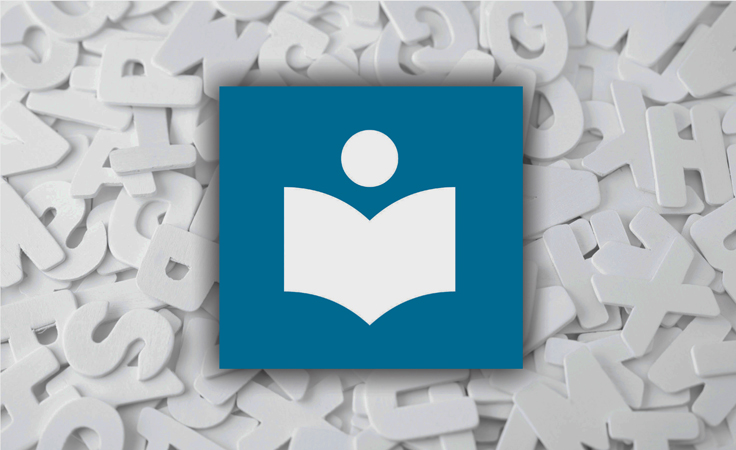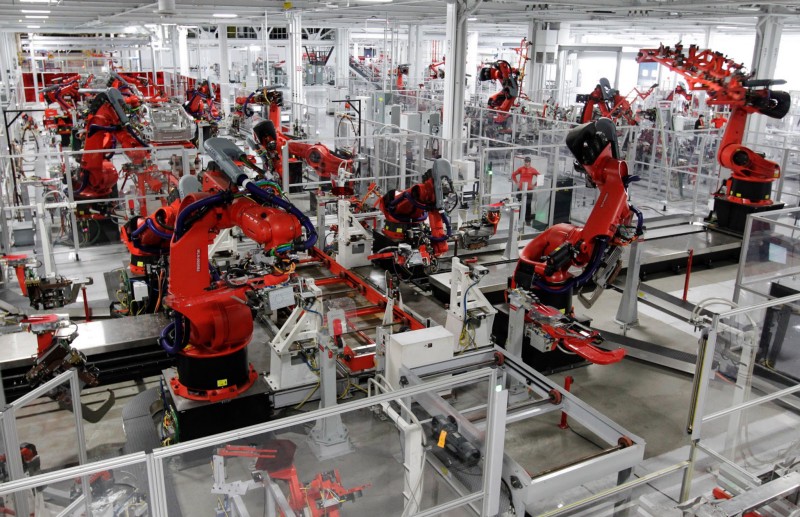Shiftless2
Well-known member
Americans are widely pessimistic about the state of democracy in the U.S., AP-NORC poll finds
Only about 1 in 10 U.S. adults give high ratings to the way democracy is working in the United States or how well it represents the interests of most Americans, according to a new poll from The Associated Press-NORC Center for Public Affairs Research.Majorities of adults say U.S. laws and policies do a poor job of representing what most Americans want on issues ranging from the economy and government spending to gun policy, immigration and abortion. The poll shows 53 percent say Congress is doing a bad job of upholding democratic values, compared with just 16 percent who say it’s doing a good job.
The findings illustrate widespread political alienation as a polarized country limps out of the pandemic and into a recovery haunted by inflation and fears of a recession. In interviews, respondents worried less about the machinery of democracy — voting laws and the tabulation of ballots — and more about the outputs.
Overall, about half the country — 49 percent — say democracy is not working well in the United States, compared with ....

Americans are widely pessimistic about the state of democracy in the U.S., AP-NORC poll finds
A new poll finds that only about 1 in 10 U.S. adults give high ratings to the way democracy is working in the United States or how well it represents the interests of most Americans.




